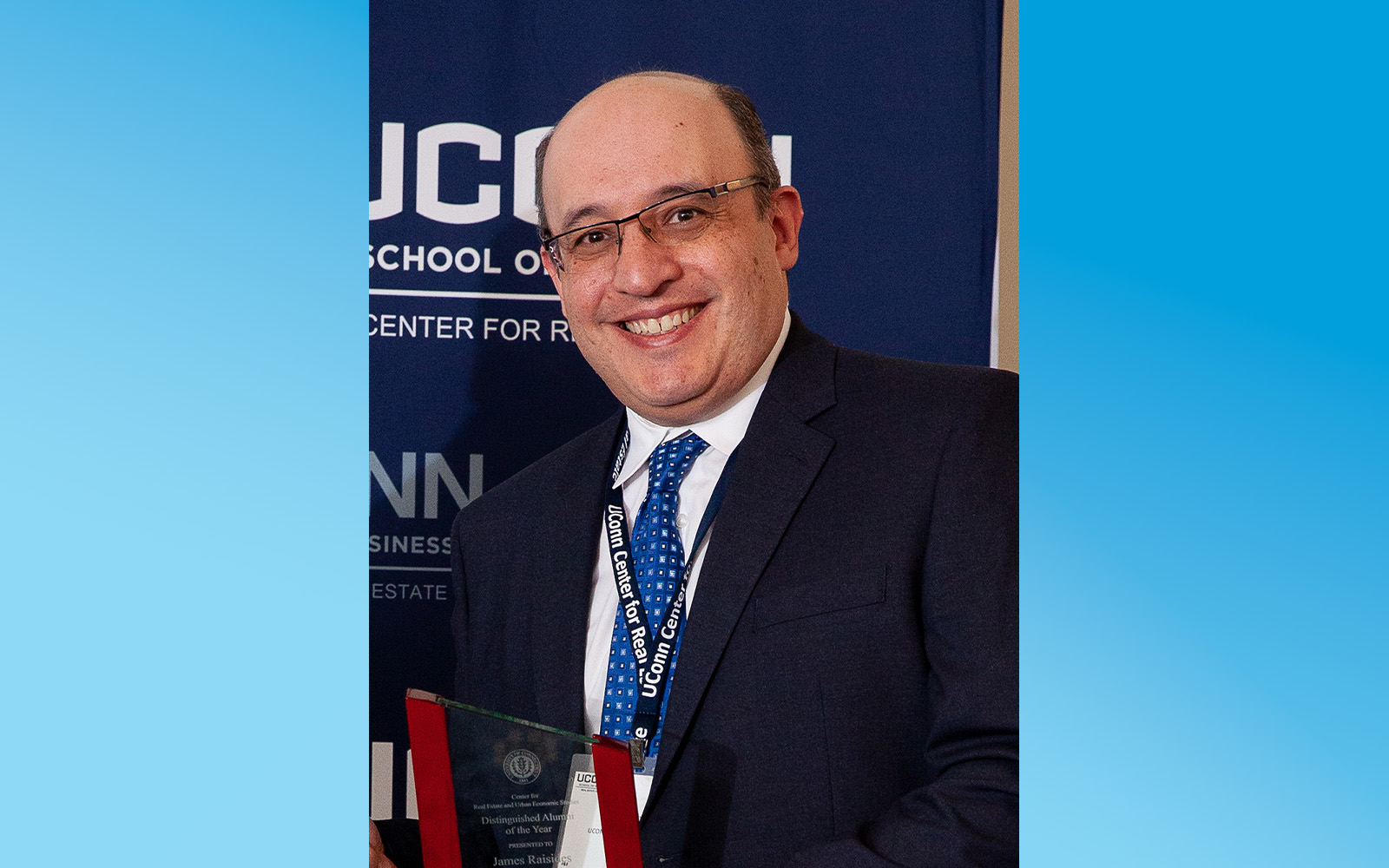Telemundo Miami – WASHINGTON DC – Con la tasa hipotecaria a 30 años más alta de las últimas dos décadas, fruto de las subidas de tipos de interés, y con una acuciante falta de oferta, los estadounidenses tienen cada vez más complicado comprar una casa y el número de solicitudes de hipotecas, así como el de compraventas, está bajando y seguirá haciéndolo en los próximos meses.
Real Estate
Sustainability Breakfast Series Offers Insight Into Exciting Innovations In and Near Connecticut
UConn Today – The School of Business will kickoff a new Sustainable Business Breakfast Series this month, with prominent guest speakers discussing everything from building sustainable homes and office complexes to the future of wind-farming in our state.
Five CT malls have been sold in recent years. Why is there so much change?
New Canaan Advertiser – Four of Connecticut’s 10 largest shopping malls have sold in the past four-and-half years and a fifth is likely to change hands after being auctioned off this past week.
The recent online auction of the Crystal Mall in Waterford was just the latest shift in ownership of malls around the state. The winning bid was $9.25 million and the listing on Crexi, the commercial real estate platform where the online auction occurred, says the mall has been “sold subject to seller approval,” although the listing does not identify the buyer.
Why a criminology prof wants addiction clinics within 500m of major transit hubs
CBC Radio – Jeffrey Cohen, a professor at the University of Connecticut’s School of Business, has been researching the benefits of bringing addiction and mental health treatment facilities near public transit routes. His research project ran between 2013 and 2018 is currently a working paper under peer review.
Professor Cohen Earns Prestigious Appointment at Federal Reserve

Real Estate Banquet, Spring 2022. (Contributed Photo)
Professor Jeffrey Cohen has been named a Research Fellow for the Federal Reserve Bank of St. Louis, where he will work on issues involving real estate and economic inequality.
Cohen, who is the Kinnard Scholar in Real Estate at UConn, earned the prestigious appointment after serving as a visiting scholar for the Fed for 20 years. The honor is bestowed on only a handful of academics each year.
“I’m very interested in questions of how real estate wealth accumulated differently over time for Black and Latino homeowners and residents, compared with others, and what can be done to try and remedy any potential inequalities that are found,” Cohen said.
His most recent research studied how proximity to highways affects home values in Connecticut, including how the interstate system, built between 1940 and 1960, destroyed some communities and created value for others. Cohen found a direct correlation between the proximity to Interstate 84 and increased home values, which disproportionately benefitted Caucasian families.
Appointment Is a Researcher’s Dream
In his new role, Cohen will serve with the Institute for Economic Equity, a relatively new arm of the Federal Reserve Bank of St. Louis. He will conduct research, give presentations, attend seminars, and contribute to the Fed’s ‘brain trust’ on issues of inequality. Cohen said he is familiar with many of his colleagues at the Institute and is excited to collaborate with them.
“They are extremely bright and well-published individuals who share a vision of enhancing equality for underserved populations,” he said. The connection is a researcher’s dream both in terms of colleagues and access to insightful data, he said.
Cohen, who joined the UConn School of Business in 2014, teaches in both the undergraduate and MBA programs and he will continue with those and all his other responsibilities. He was the principal investigator on Phase One of a State of Connecticut Department of Transportation and U.S. Department of Transportation grant investigating how a new rail commuter line connecting New Haven, Hartford and Springfield, Mass., would impact real estate value near the stations. He was also the principal investigator evaluating the property value impact of the CTfastrak bus-line project on Phases 1 and 2 of these projects. His work with the State of Connecticut on these transit-oriented development projects date back to 2016.
In addition, he is currently the principal investigator on a multi-year, $500,000 project funded by the Robert Wood Johnson Foundation’s Systems for Action, studying how the CTfastrak bus line has impacted the costs and outcomes of treating substance use patients, and how these systems can be aligned.
The St. Louis Fed is one of 12 regional Reserve banks that, along with the Board of Governors in Washington, D.C., comprise the Federal Reserve System. As the nation’s central bank, the Federal Reserve System formulates U.S. monetary policy, regulates state-chartered member banks and bank holding companies, provides payment services to financial institutions and the U.S. government, and promotes financial literacy, economic education, and community development.
Real Estate Alum David Wharmby Returns to UConn As Program Director
UConn Today – As a new business student, David ‘Dave’ Wharmby ’89 (BUS), ’02 MBA took an introductory real estate course that changed his life.
“Professor Byrl Boyce was a very personable guy, with a dry sense of humor, who really wanted to make sure we understood the material,’’ Wharmby says. “He took some complex financial math and went over it again and again, until students really felt like they were masters of difficult material.’’
Nine ‘Enthusiastic, Well Qualified’ Faculty Join School for Fall 2022

The School of Business is welcoming nine new faculty members this semester, continuing a trend of successful recruiting. Many of the new hires already have strong research accomplishments and awards for teaching excellence.Continue Reading
The heat is on: 7 things to know about Greater Hartford’s summer home sale market
What’s next for the real estate market?
Connecticut Magazine – When the pandemic began, questions about the virus and public health prevailed. As time went on, people asked, “Where were you when the world shut down?”
For people who entered the real estate market in the latter part of 2020 and last year, the question became: “Where did you want to be?”
New Faculty Member, Expert in Urban Complexities, Joins Real Estate Department

Lyndsey Rolheiser has joined the School of Business as an assistant professor of real estate and finance. She previously worked as a professor at Ryerson University in Toronto.Continue Reading